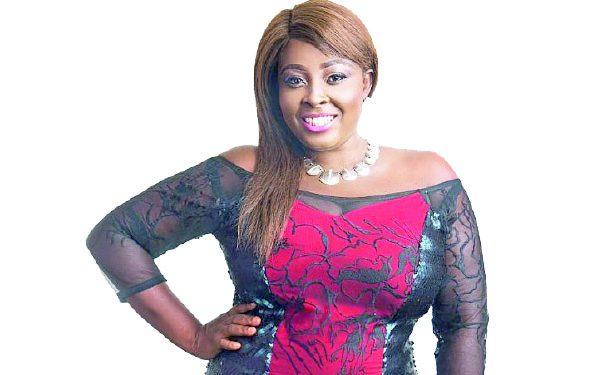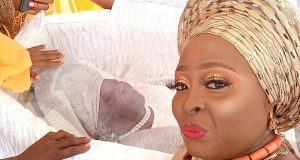
Lolo
She recently had her say on her Say My Piece podcast, and fans have been reacting.
According to her, she is still traumatized by the attack six years later, and she goes into a momentary panic whenever she sees her attacker, something that happens every other day.
Lolo added that she will not name her attacker because doing so now will only make people criticize her for not speaking out when it happened six years ago and instead waiting until the person became established in the industry.
Her words, “I hardly ever say this, and I am not even ready to tell the full story. The stories of sexu@l assault. When I discussed it with my daughter yesterday, she held my hand and said, ‘Mummy, you’ve gone through so much.’ And I said I had.
I remember how many of those things I have to relive. I have been r@ped only once in my life, and a colleague r@ped me. I see him every other day. Do you know how traum@tised I am? When I see him, I just get into this momentary panic.
But if a woman of my calibre named him, he’s an established person in the broadcast industry, won’t people say, ‘How come I didn’t speak about it for all these six years until now that he’s taking a prominent TV position?’”
WOW.
Nollywood is a sobriquet that originally referred to the Nigerian film industry. The origin of the term dates back to the early 2000s, traced to an article in The New York Times. Due to the history of evolving meanings and contexts, there is no clear or agreed-upon definition for the term, which has made it a subject to several controversies.
The origin of the term “Nollywood” remains unclear; Jonathan Haynes traced the earliest usage of the word to a 2002 article by Matt Steinglass in the New York Times, where it was used to describe Nigerian cinema.
Charles Igwe noted that Norimitsu Onishi also used the name in a September 2002 article he wrote for the New York Times. The term continues to be used in the media to refer to the Nigerian film industry, with its definition later assumed to be a portmanteau of the words “Nigeria” and “Hollywood”, the American major film hub.
Film-making in Nigeria is divided largely along regional, and marginally ethnic and religious lines. Thus, there are distinct film industries – each seeking to portray the concern of the particular section and ethnicity it represents. However, there is the English-language film industry which is a melting pot for filmmaking and filmmakers from most of the regional industries.
 NaijaVibe NaijaVibe | Download Latest Nigerian Music & Mp3s
NaijaVibe NaijaVibe | Download Latest Nigerian Music & Mp3s


